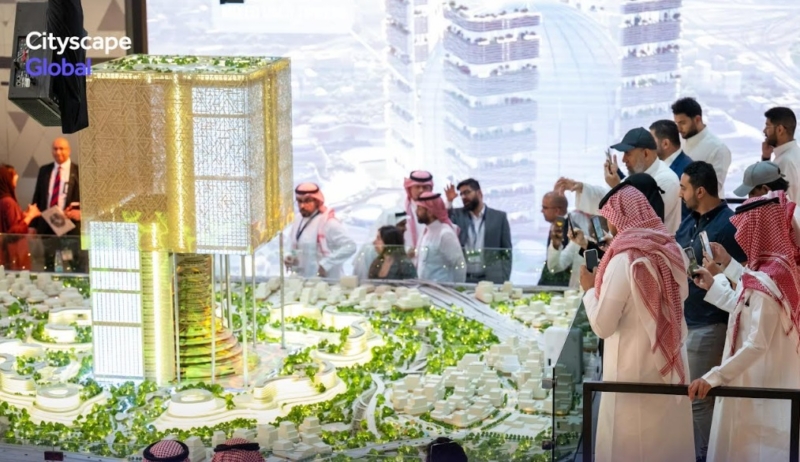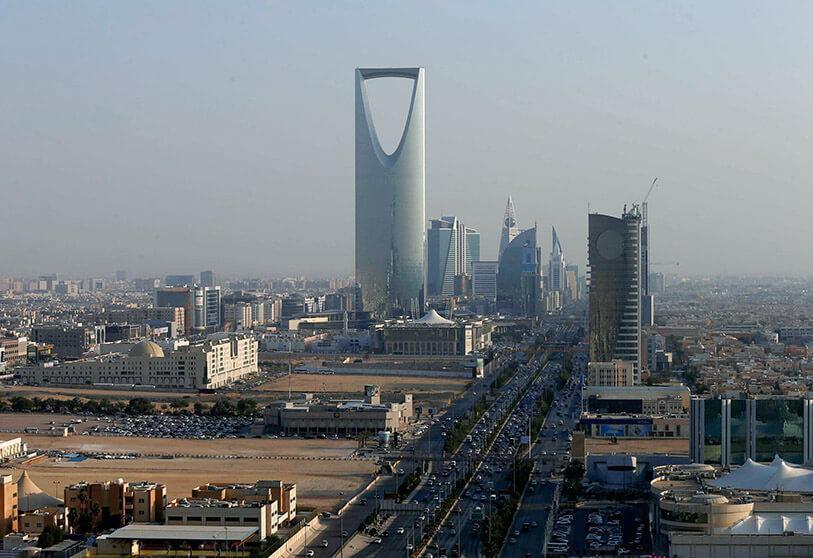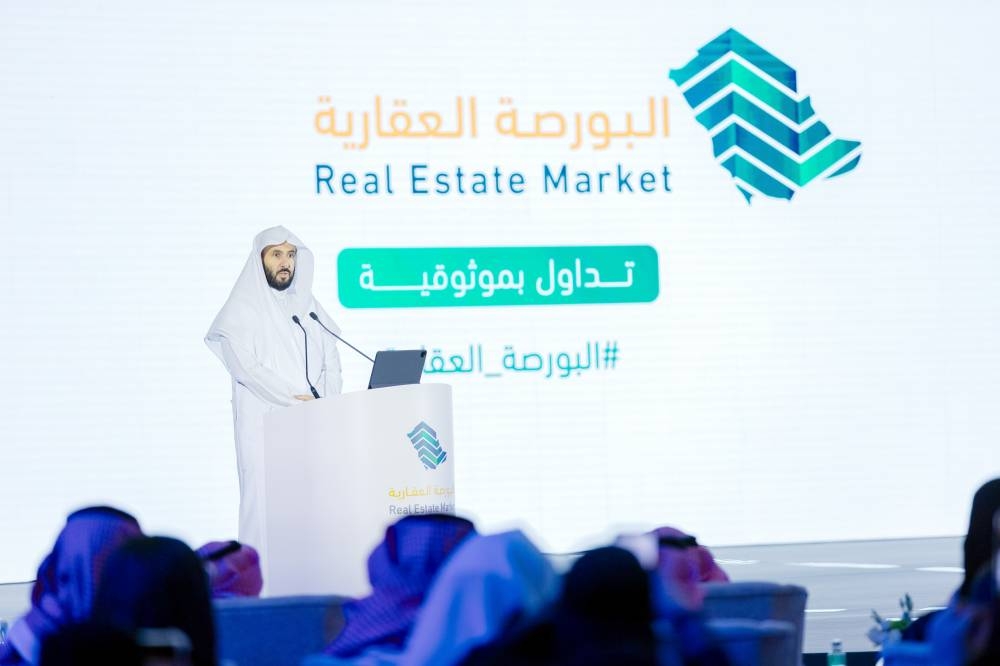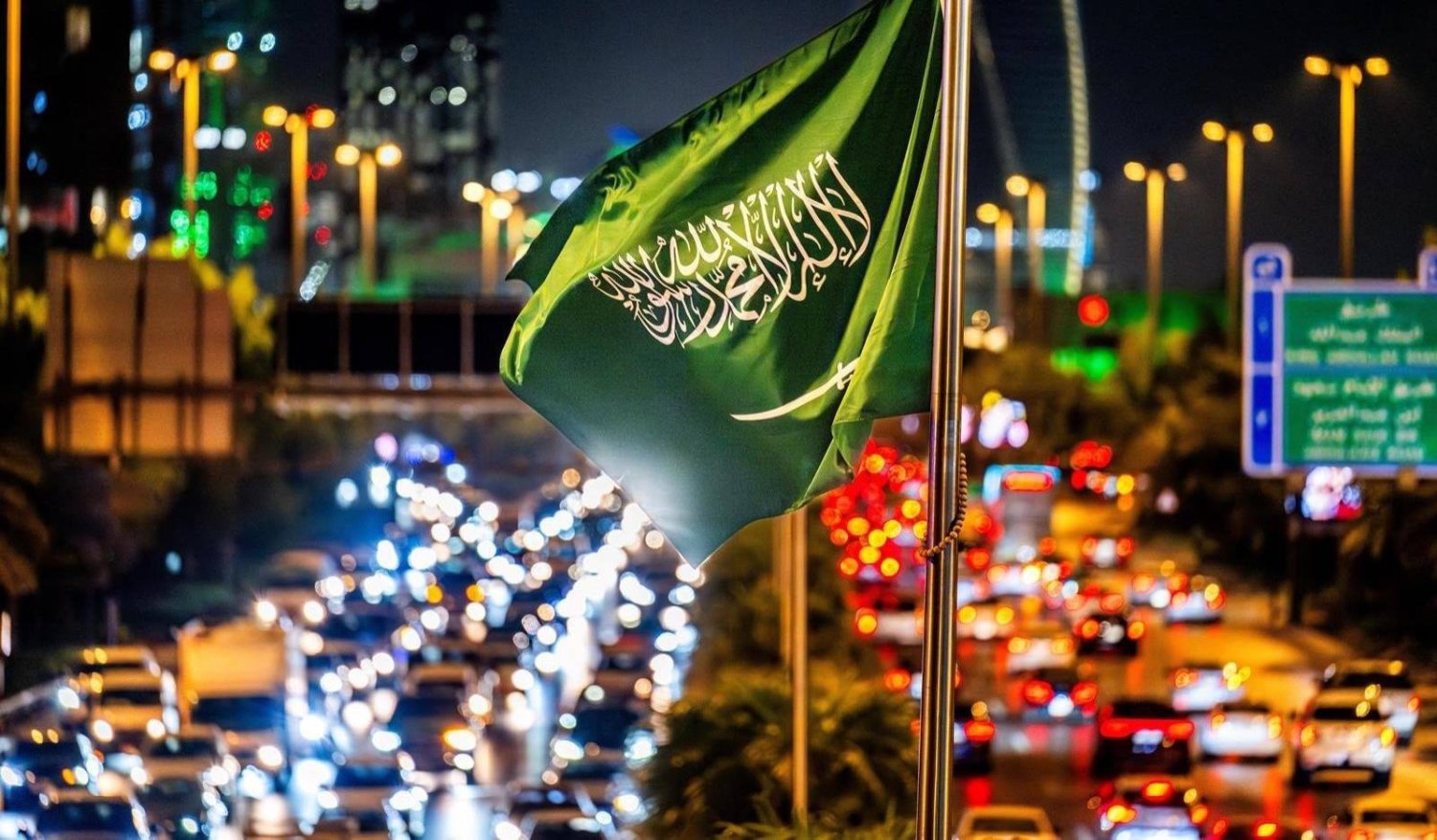Our News
Saudi Arabia's Real Estate Sector: A Catalyst for Economic Growth
Saudi Arabia has undergone a remarkable transformation in its real estate sector, transitioning from a market dominated by undeveloped land to a thriving and dynamic industry that is a cornerstone of the Kingdom's Vision 2030. This transformation is the result of ambitious economic policies designed to diversify the economy and stimulate growth.
Previously, vacant land posed a significant challenge to the Saudi real estate market. However, the implementation of regulatory measures, such as levies on vacant land, has transformed these idle assets into economic drivers, prompting developers to invest in residential, commercial, and industrial projects.
This shift has led to a surge in real estate development, creating a vibrant economic environment that attracts both domestic and foreign investment. The sector has also stimulated related industries such as finance, construction, and design, and has had a positive impact on job creation.
Saudi Vision 2030, spearheaded by Crown Prince Mohammed bin Salman, has been instrumental in driving this transformation. The Vision aims to diversify the economy and reduce its dependence on oil. The real estate sector plays a pivotal role in achieving these goals by increasing private sector participation, attracting foreign investment, and enhancing infrastructure.
The Vision targets a 10% contribution of the real estate sector to the Gross Domestic Product (GDP) by 2030. In the first quarter of 2024, the sector contributed 6.7% to the GDP, valued at 67.2 billion Saudi Riyals.
Mega-projects such as NEOM, Qiddiya, and the Red Sea Project exemplify the integration of the real estate sector with the broader goals of Vision 2030. These projects are not merely about constructing buildings; they are creating smart cities with integrated commercial and entertainment facilities.
As the real estate sector has evolved, so too has real estate financing. Banks and financial institutions have introduced a range of financing options for both individuals and investors, stimulating the residential and commercial real estate markets. Government initiatives such as housing support programs and subsidized financing have created a conducive environment for balanced growth in the sector. The real estate finance market is projected to exceed 1.3 trillion Saudi Riyals by 2030.
The Cityscape Global exhibition in Riyadh, from November 11-14, highlights the growing importance of the real estate sector in driving the national economy. The event is expected to see the signing of agreements and partnerships worth over 180 billion Saudi Riyals, a 50% increase from the previous year. This underscores the Kingdom's commitment to economic diversification and attracting foreign investment. The exhibition will showcase new projects in luxury housing, commercial developments, and smart cities, which are integral to Saudi Arabia's vision for the future.



